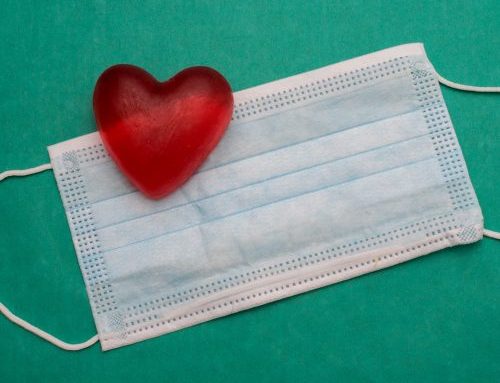There is nothing more gut-wrenching than seeing your child in pain. Whether it’s physical, emotional, or relational pain, every parent is intimately familiar with this awful feeling, and wants nothing more than to help make the pain better. As a father, I have been there many times, and experienced this horrible and sometimes helpless feeling first hand.
Sometimes our kids have a bad day or a bad week, they get in an argument with a friend, or do poorly on a test or in an athletic competition. But at other times, their problems seem much more serious, and it looks like a recurring pattern. So how do you know when your child is just “going through a rough patch,” and when they are dealing with something more significant, like clinical depression?
The word “depression” is used everywhere in our culture, but when a clinician thinks about depression, there are very specific criteria that he or she is looking for–and it is important to note that children and adolescents may express symptoms of depression differently than adults. So it is vital to know what signs to look for to see if the problems your child is having could be depression.
Here are some signs a counselor would look for to determine if your child or adolescent is depressed:
- Increased irritability, anger, or hostility
- Increased sensitivity to criticism, rejection, or failure
- Persistent boredom and/or low energy
- Frequent physical complaints such as headaches or stomach aches
- Poor performance in school
- Increased absence from school
- Social isolation
- Poor concentration
- Change in eating or sleeping patterns
- Self -destructive behaviors such as drug or alcohol use or risky sexual activity
- Thoughts and/or attempts of suicide
Additionally, some factors that may put your child at risk for depression are:
- Family issues
- A family history of depression
- Significant recent stress
- A recent loss
- Other diagnoses, such as ADHD, anxiety disorders, or learning disorders
If your child is showing some of the symptoms above, it is likely that what they are going through is more than just a “rough patch,” and clinical depression may be present. The next step is to talk to someone who specializes in mental health who can help you discern what is really going on with your son or daughter.
Research has shown repeatedly that counseling (and at times medication) can help with childhood and adolescent depression. If you think that your child may be depressed, know that healing and positive change are possible. Look for a skilled and experienced professional therapist who is a great fit with your child, and search to find the right match for your child.
At Grace Counseling, we can help. It’s why we do what we do. We have counselors, psychiatric providers, and also offer psychological testing to rule out other possible issues like learning disorders or ADHD. If we can help your child in any way, please contact us here, or call our office at 720-489-8555.
Dr. Michael Ballard, PhD works with families, parents, and adolescents regularly and is passionate about helping this in the community recognize the signs of suicidal ideations as well as understand how to help and prevent suicide.





